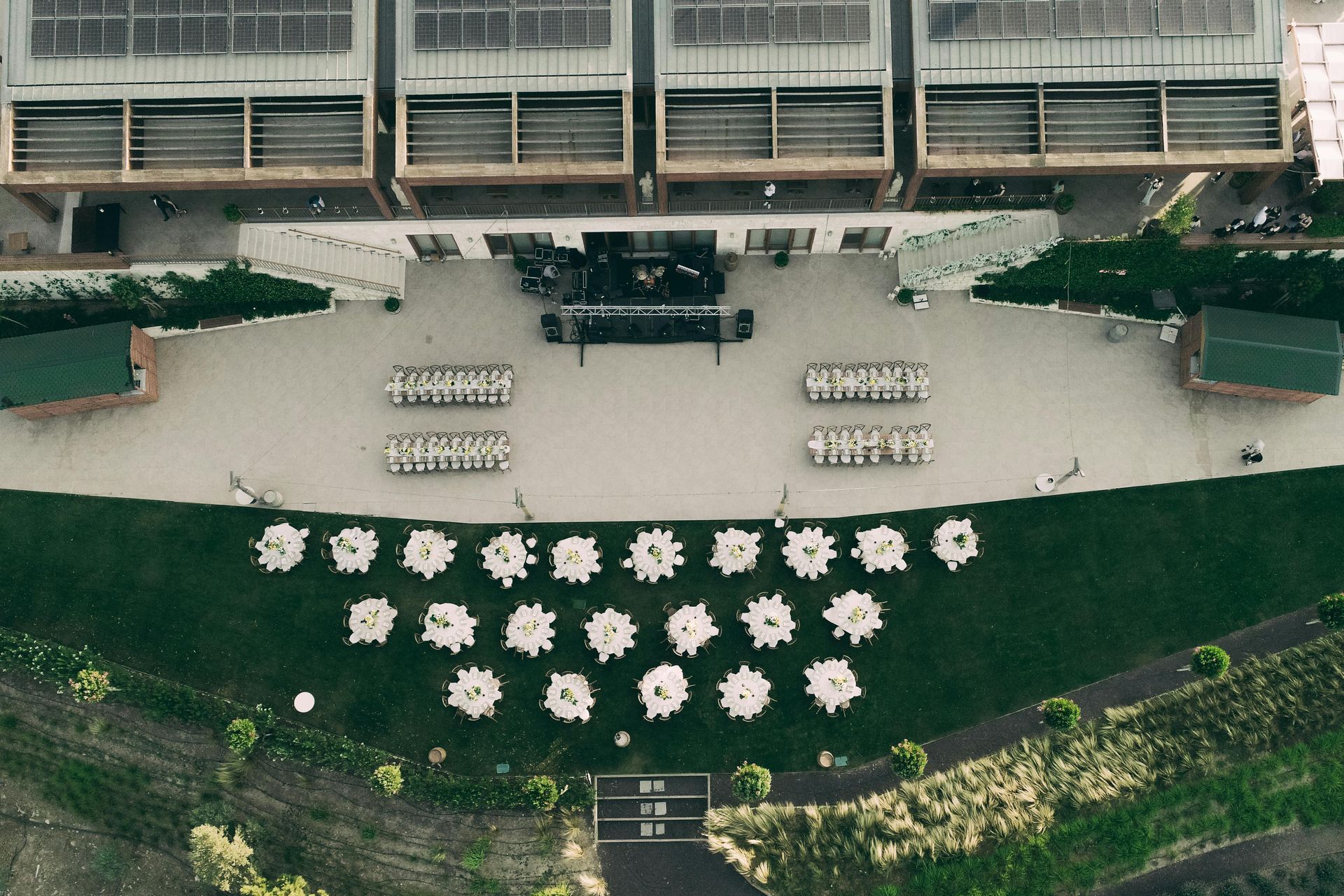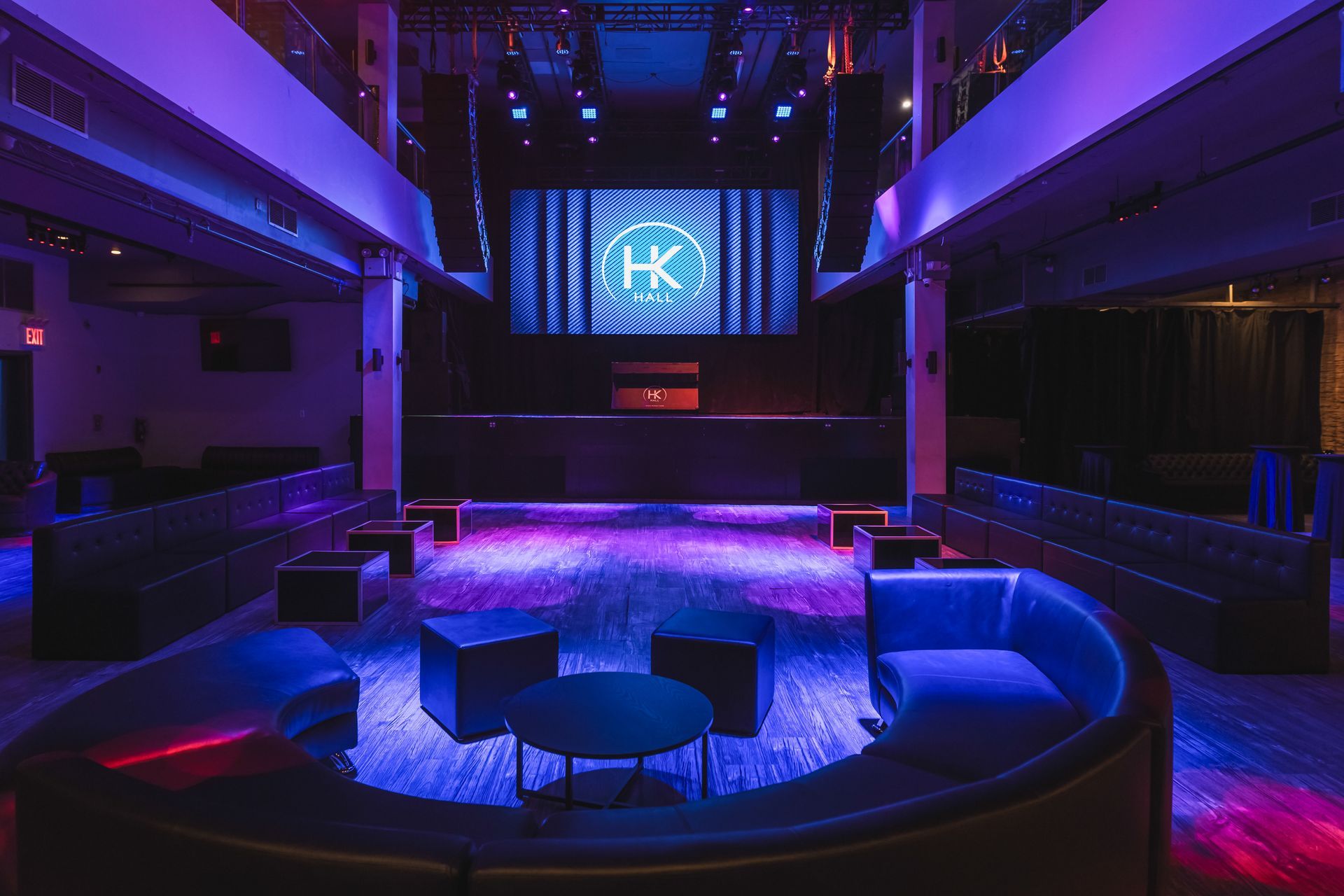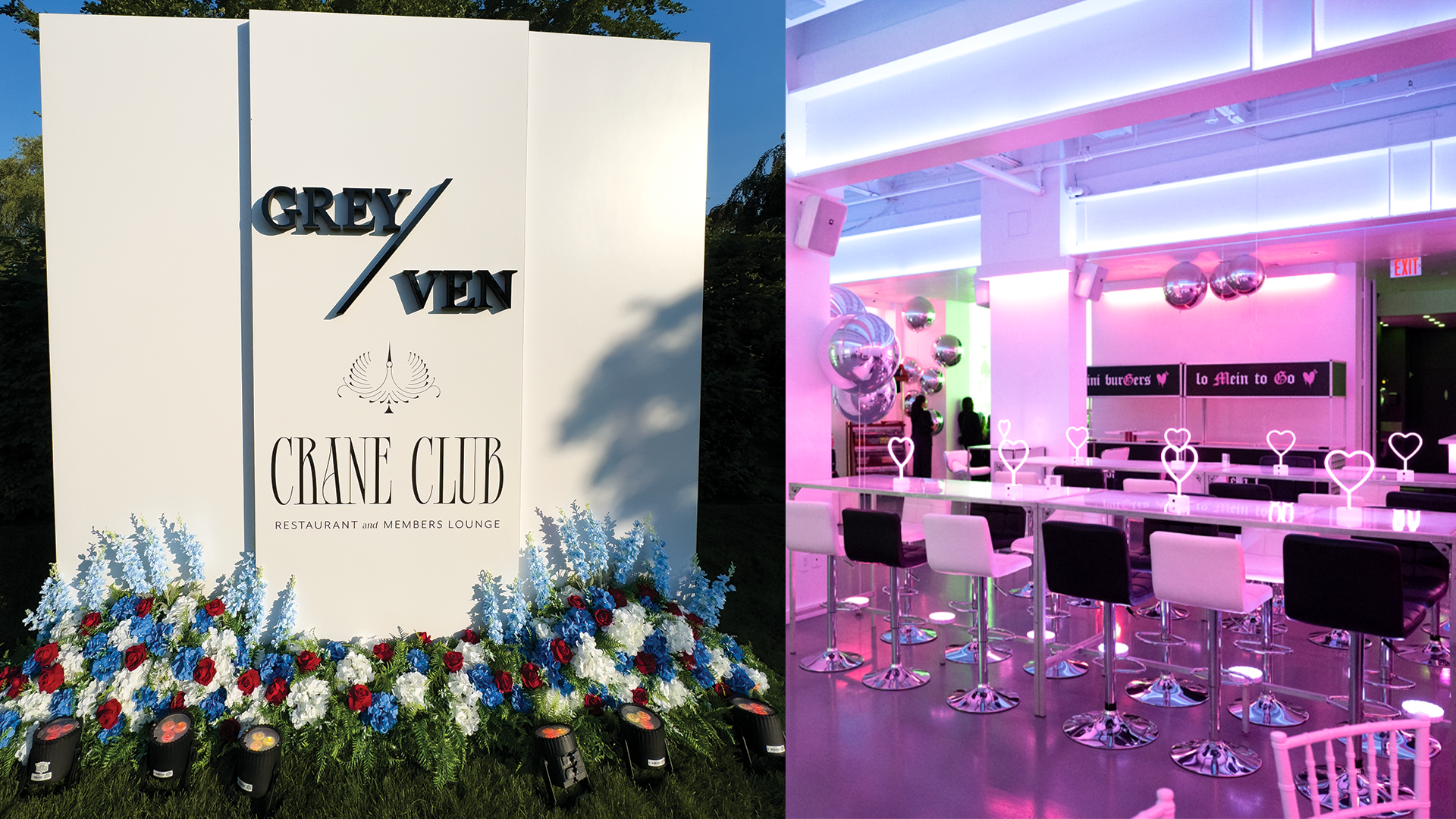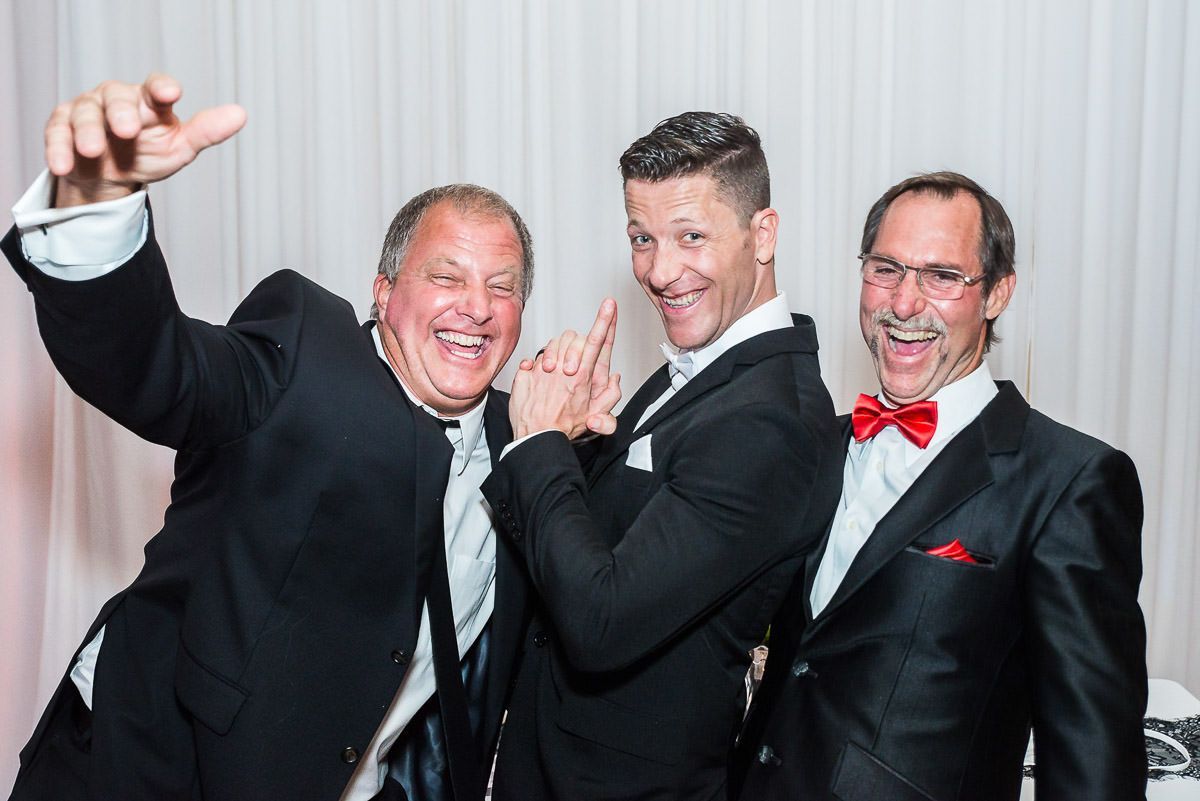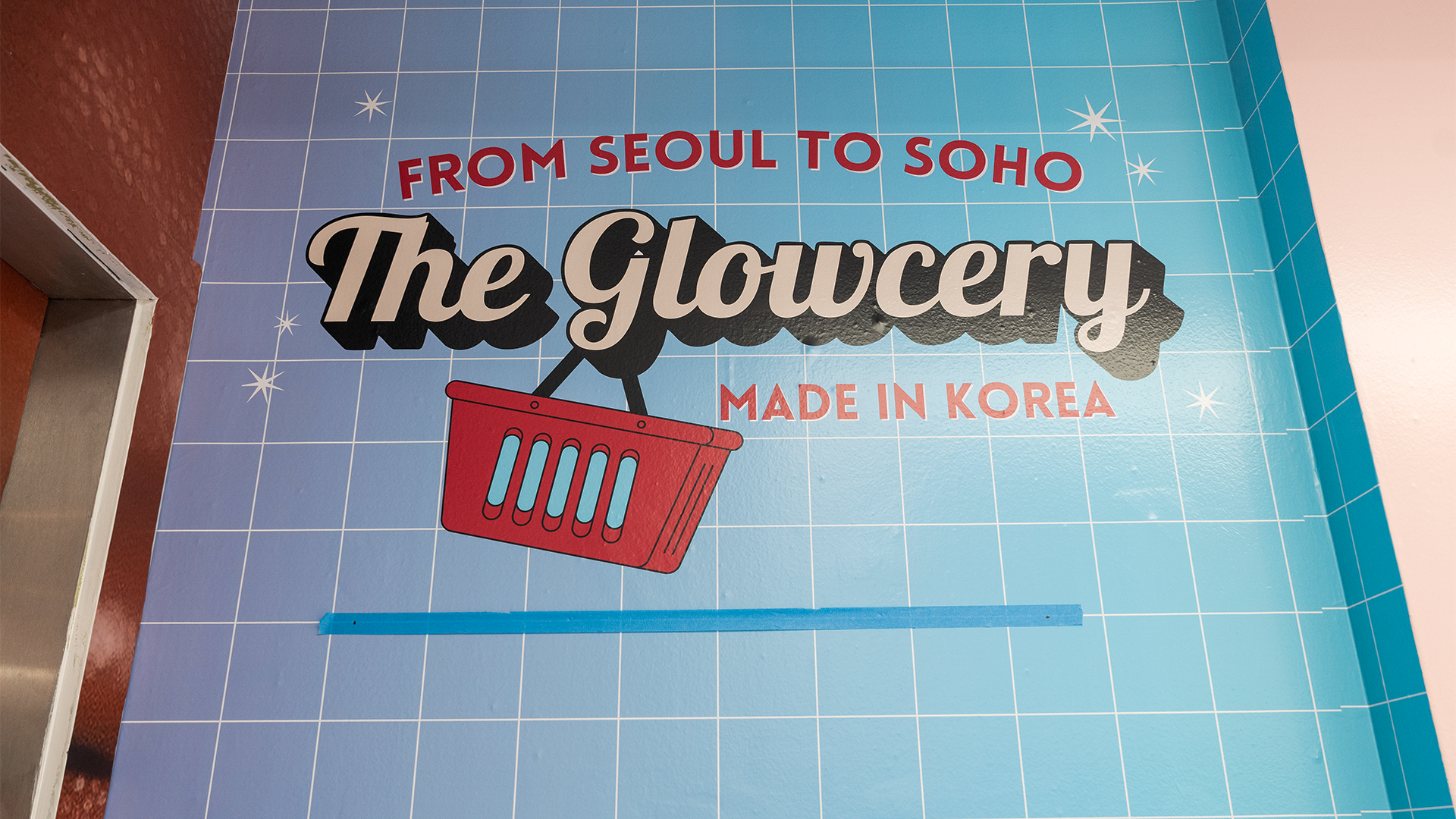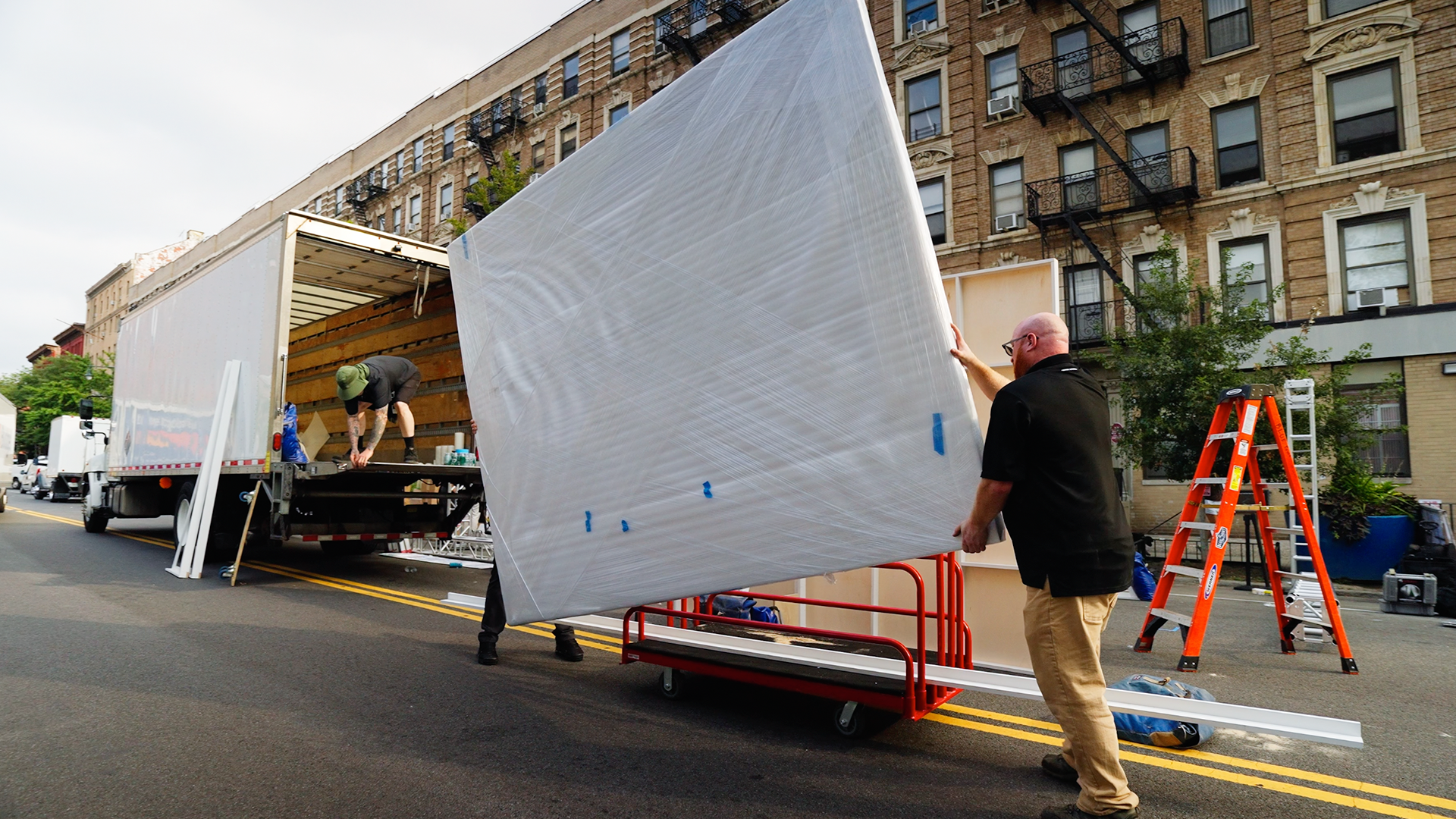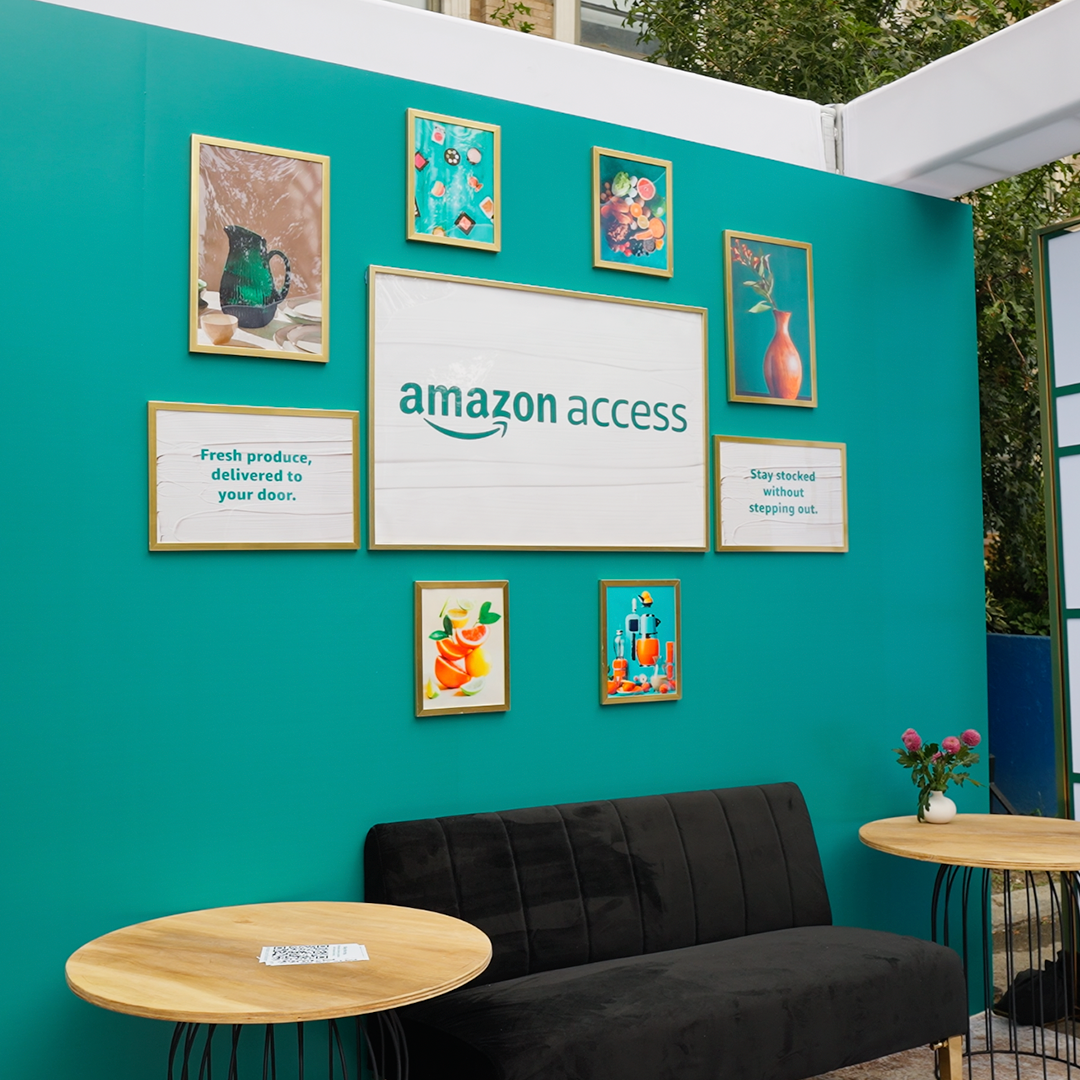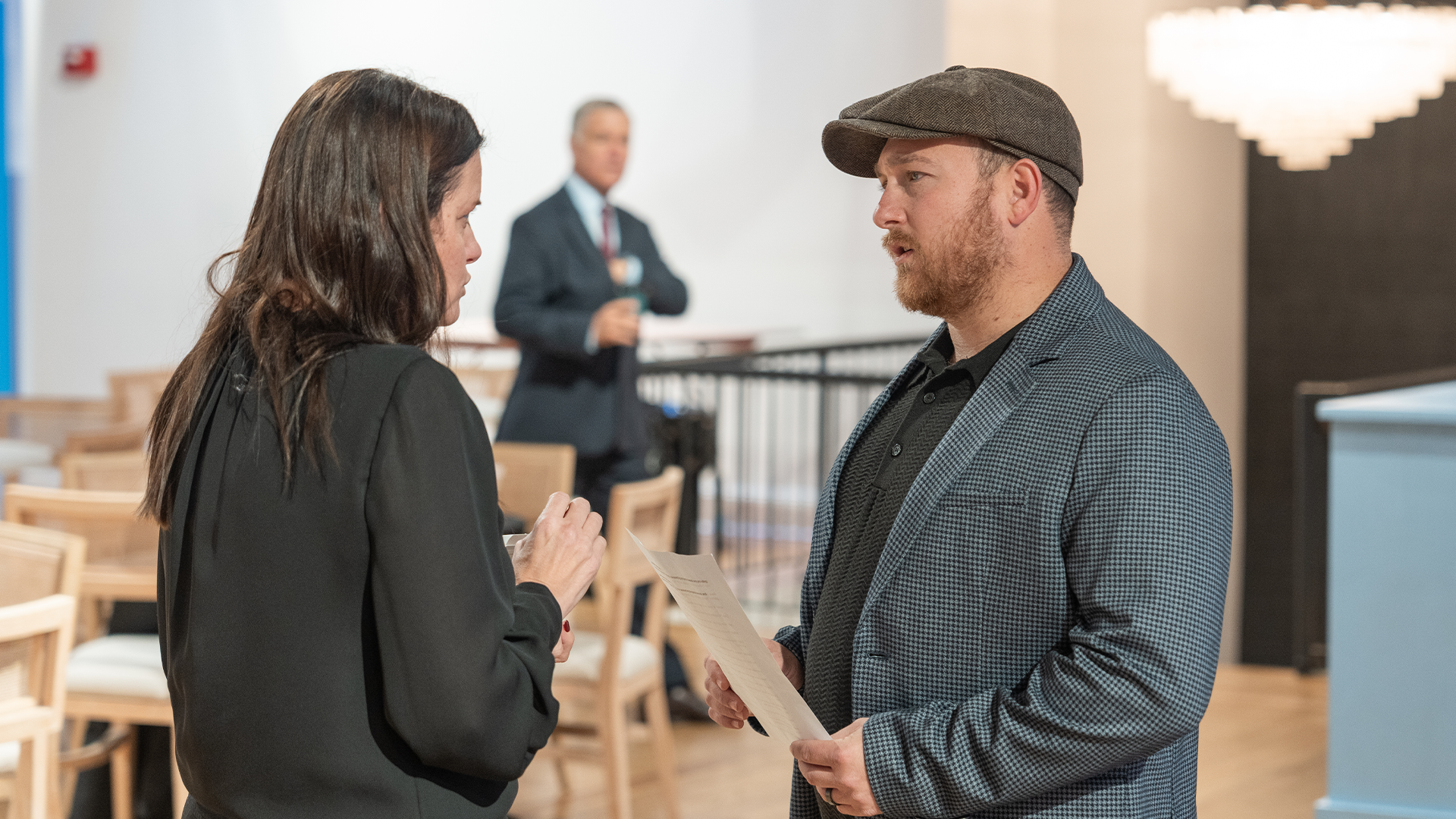Time Management Tips for Event Professionals: Maximizing Productivity Across the Event Lifecycle
Time is one of the most valuable resources for event professionals. From the earliest stages of planning to the final moments of a live event, effective time management is essential for ensuring that every detail is executed seamlessly while maintaining your own energy and focus. Whether you’re a seasoned event planner or new to event production, developing structured strategies for managing your schedule can dramatically improve outcomes for your clients, your team, and yourself.
This guide explores practical approaches to managing time throughout the entire event lifecycle, helping event planners stay organized, efficient, and balanced.
Navigating the Stages of Event Planning
Every successful event is the result of multiple overlapping phases, each with its own rhythm and demands. Understanding these stages helps event planners allocate time wisely, reduce stress, and stay productive throughout the process.
Concept Development and Scheduling
This is where the vision takes shape. From brainstorming ideas to setting timelines, planners organize priorities and outline key milestones to ensure smooth progress.
Design and Production Coordination
Translating concepts into reality requires attention to detail and collaboration. Planners coordinate creative elements, production teams, and vendors to ensure designs, branding, and visuals are ready on time.
Event-Day Operations
When the event is live, timing is everything. Managing setup, audiovisual systems, presentations, and staff coordination demands focus, quick decision-making, and real-time problem-solving.
Wrap-Up and Evaluation
After the event concludes, planners shift to reflection, documentation, and feedback collection. This phase ensures lessons are captured, relationships are nurtured, and insights inform future events.
By thinking of the event process as a series of distinct but interconnected stages, event planners can strategically allocate their time, balance responsibilities, and maintain efficiency throughout the lifecycle.
Pre-Event Planning: Laying the Groundwork
The planning phase can feel like an intricate puzzle, but establishing structure early makes the rest of the process more manageable. Here are strategies for efficient pre-event management.
1. Break Down Tasks into Manageable Segments
Large projects can be overwhelming. Divide the event into smaller, actionable tasks, such as:
- Drafting and confirming timelines
- Booking and coordinating vendors
- Creating floor plans
- Scheduling client updates
By chunking tasks, you can prioritize high-impact items and track progress more effectively.
2. Use Project Management Tools
Platforms like Asana, Trello, or Monday.com allow event planners to assign deadlines, track dependencies, and visualize workflows. These tools reduce mental load, ensure nothing is overlooked, and provide a clear picture of progress for your team.
3. Schedule Dedicated Planning Blocks
Avoid multitasking by reserving specific blocks of time for focused planning. For instance, mornings can be reserved for vendor coordination, while afternoons focus on design and creative review. Structured time ensures each aspect of pre-event planning receives attention without distractions.
Creative Production: Balancing Vision and Time
During the creative production phase, event planners often juggle multiple responsibilities simultaneously—from designing immersive environments to reviewing branding elements. Time management strategies here include:
Prioritize Deliverables
Identify critical creative components that impact the overall event experience. High-priority tasks, such as AV requirements or stage layouts, should be scheduled first, while lower-impact elements can be addressed as time allows.
Build Templates and Checklists
Creating reusable templates for floor plans, timelines, and signage approvals saves hours on each project. Checklists also ensure that important details aren’t missed during fast-moving production periods.
Coordinate with Your Creative Team Early
Aligning designers, production teams, and vendors early in the process prevents last-minute revisions. Regular creative check-ins minimize the risk of miscommunication and keep everyone working efficiently.
On-Site Execution: Time Management in Real Time
Event day is the culmination of weeks—or months—of preparation. Effective time management on-site ensures smooth execution and reduces stress for you and your team.
Have a Detailed Run-of-Show
A minute-by-minute schedule for setup, presentations, and activations allows everyone to know their responsibilities and deadlines. Sharing the run-of-show with team members and vendors fosters accountability and keeps the event on track.
Delegate and Trust Your Team
Even the most organized event planners can’t do everything alone. Assign clear roles to team members and vendors, and trust them to handle their tasks. Delegation frees you to focus on high-priority items and problem-solving.
Prepare for Contingencies Beforehand
Unexpected challenges—like technical malfunctions or late vendor arrivals—are common. Build buffer time into the schedule and maintain a calm, solution-oriented mindset. Flexibility and proactive planning minimize the impact of last-minute issues.
Limit Micro-Distractions
Event days are packed, but avoid unnecessary distractions. Keep communications centralized through team radios, group chats, or project management apps so you can respond efficiently without constant context-switching.
Post-Event Wrap-Up: Closing the Loop
After the final guest leaves, the work isn’t over. Post-event tasks are critical for maintaining relationships and improving future projects. Meet with your team to review what went well and identify areas for improvement. Documenting these insights helps streamline future event production and enhances efficiency.
It's also helpful to reflect on personal time management. Assess how your schedule worked throughout the event lifecycle. Were there bottlenecks? Could certain tasks have been delegated or automated? Reflection helps you refine your approach for the next project.
Linking Time Management To Work-Life Balance
Time management and work-life balance are deeply interconnected. By planning thoughtfully, prioritizing effectively, and delegating wisely, event planners can not only execute successful events but also sustain energy, creativity, and overall health. For more guidance on maintaining balance in this demanding industry, check out our comprehensive guide on Maintaining Work-Life Balance in Event Production.
Closing Thoughts
Mastering time management in event production requires intentional planning, structured workflows, and self-awareness. By approaching each phase of the event lifecycle strategically, event planners can maximize productivity, deliver exceptional experiences, and maintain personal well-being. Effective time management is not just about efficiency—it’s about creating space for creativity, responsiveness, and sustainable success in the dynamic world of events.
